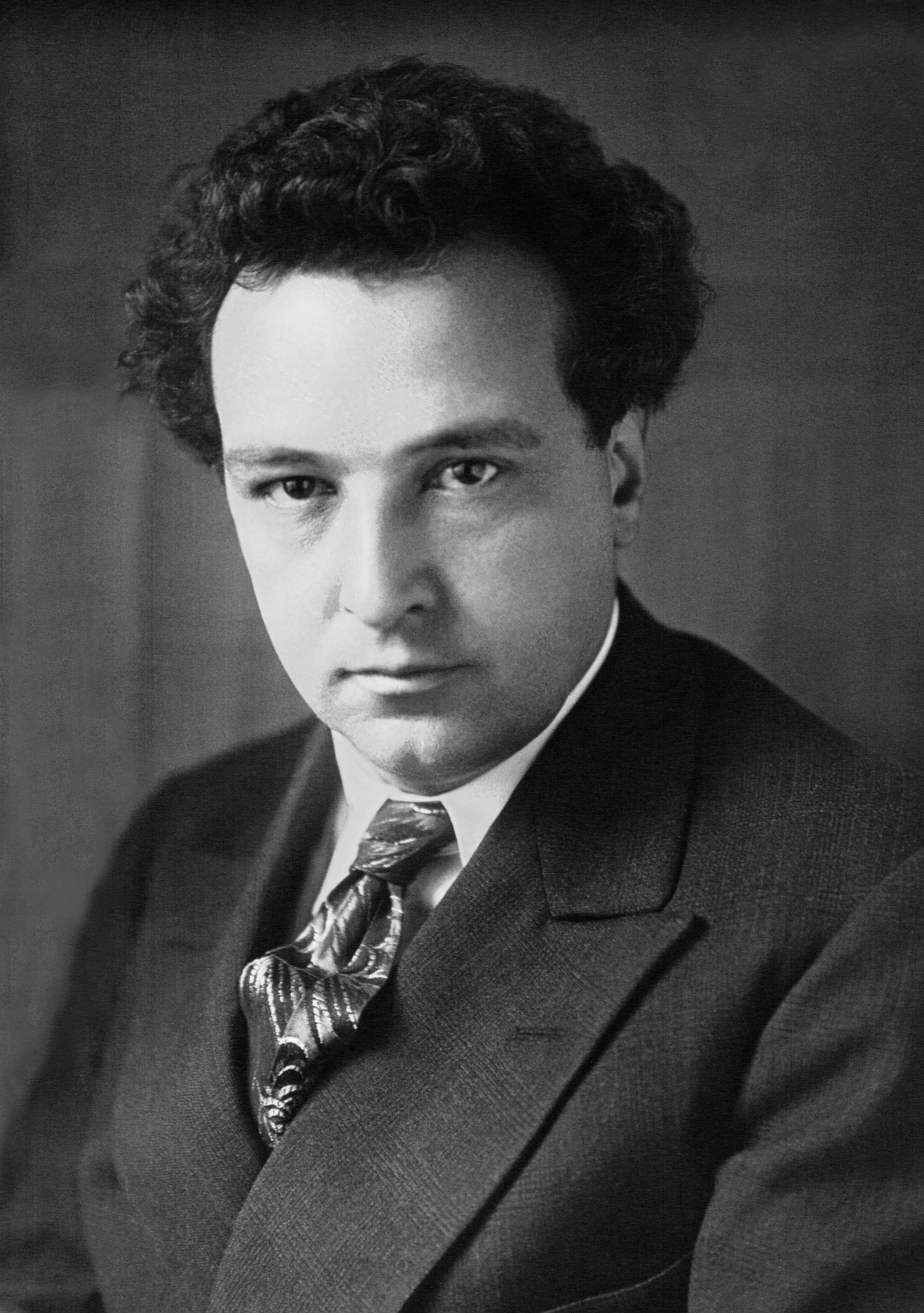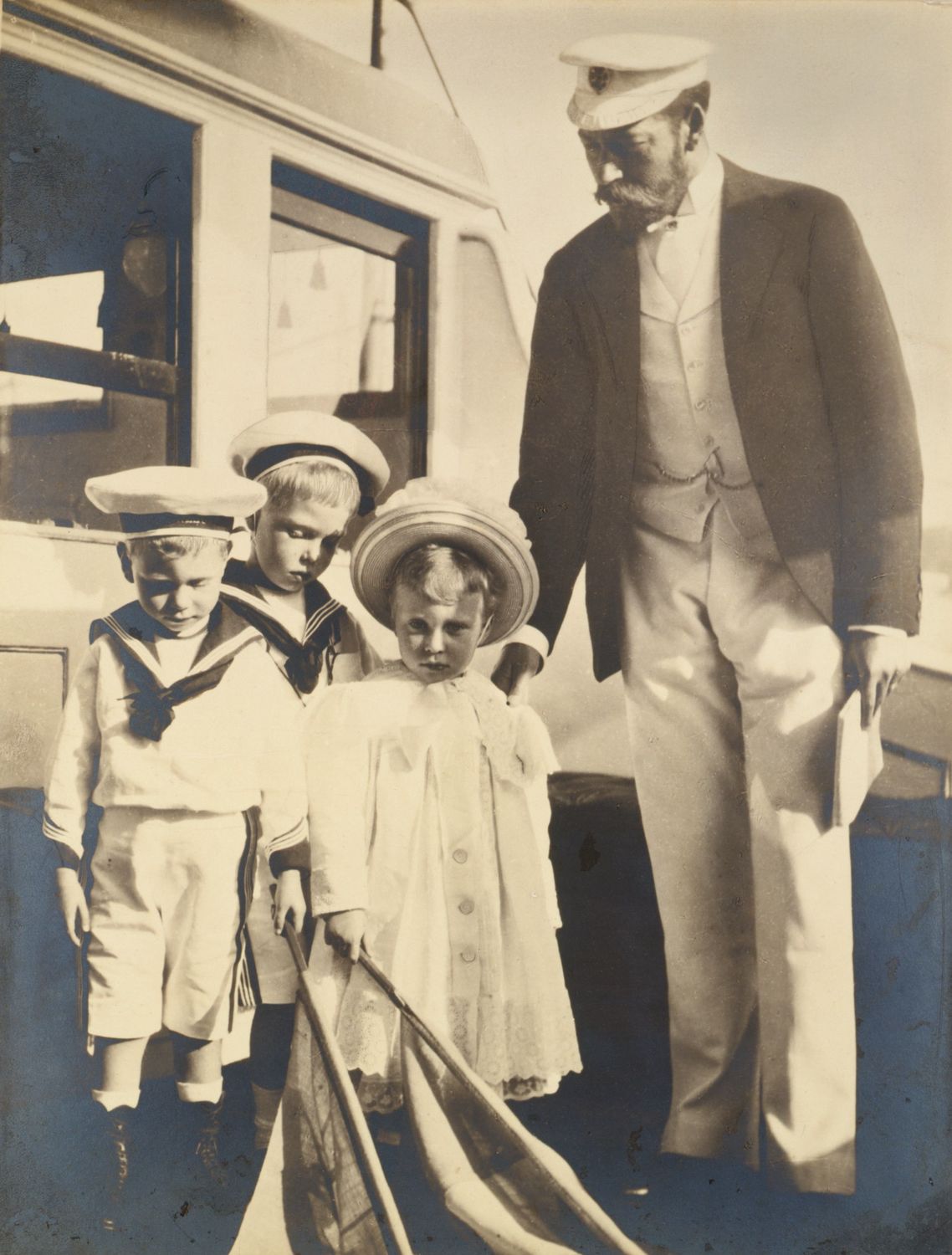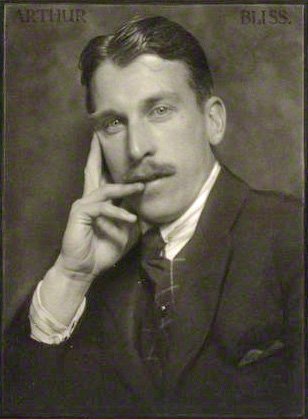|
Basil Maine
Basil Maine (4 March 1894 - 13 October 1972) was an English writer and critic on music. Maine was born in Sheringham, Norfolk and educated at the City of Norwich School. At Cambridge he studied with Edward Dent, Cyril Rootham and Charles Wood.H.C.Colles (rev. Peter Platt. ''Basil Maine'', Grove Music Online, 2001 In the autumn of 1918 he was appointed assistant organist at Durham Cathedral, staying there until May 1919. After that he shifted his career towards journalism, becoming music critic for newspapers such as ''The Spectator'', ''The Daily Telegraph'' (from 1922), the ''Morning Post'' (1930) and the ''Sunday Times'' (1935–40). He was also an actor, public speaker and (from 1926) a broadcaster. In 1930 he was the orator in the first performance of Morning Heroes by Arthur Bliss at the Norwich Festival. and he also narrated in performances of Honegger's ''Le roi David'' and Stravinsky's ''The Soldier's Tale''. He was ordained as a priest in 1939. Maine wrote biography as ... [...More Info...] [...Related Items...] OR: [Wikipedia] [Google] [Baidu] |
Sheringham
Sheringham (; population 7,367) is an English seaside town within the county of Norfolk, United Kingdom.Ordnance Survey (2002). ''OS Explorer Map 252 - Norfolk Coast East''. . The motto of the town, granted in 1953 to the Sheringham Urban District Council, is ''Mare Ditat Pinusque Decorat'', Latin for "The sea enriches and the pine adorns".Town Crest and motto Retrieved 7 March 2013 History  The place-name 'Sheringham' is first attested in the
The place-name 'Sheringham' is first attested in the
|
Honegger
Arthur Honegger (; 10 March 1892 – 27 November 1955) was a Swiss composer who was born in France and lived a large part of his life in Paris. A member of Les Six, his best known work is probably '' Antigone'', composed between 1924 and 1927 to the French libretto by Jean Cocteau based on the tragedy '' Antigone'' by Sophocles. It premiered on 28 December 1927 at the Théâtre Royal de la Monnaie with sets designed by Pablo Picasso and costumes by Coco Chanel. However, his most frequently performed work is probably the orchestral work ''Pacific 231'', which was inspired by the sound of a steam locomotive. Biography Born Oscar-Arthur Honegger (the first name was never used) to Swiss parents in Le Havre, France, he initially studied harmony with Robert-Charles Martin (to whom he dedicated his first published work and violin in Le Havre. After studying for two years at the Zurich Conservatory, he enrolled in the Paris Conservatoire from 1911 to 1918, studying with both C ... [...More Info...] [...Related Items...] OR: [Wikipedia] [Google] [Baidu] |
1972 Deaths
Year 197 ( CXCVII) was a common year starting on Saturday (link will display the full calendar) of the Julian calendar. At the time, it was known as the Year of the Consulship of Magius and Rufinus (or, less frequently, year 950 '' Ab urbe condita''). The denomination 197 for this year has been used since the early medieval period, when the Anno Domini calendar era became the prevalent method in Europe for naming years. Events By place Roman Empire * February 19 – Battle of Lugdunum: Emperor Septimius Severus defeats the self-proclaimed emperor Clodius Albinus at Lugdunum (modern Lyon). Albinus commits suicide; legionaries sack the town. * Septimius Severus returns to Rome and has about 30 of Albinus's supporters in the Senate executed. After his victory he declares himself the adopted son of the late Marcus Aurelius. * Septimius Severus forms new naval units, manning all the triremes in Italy with heavily armed troops for war in the East. His soldiers ... [...More Info...] [...Related Items...] OR: [Wikipedia] [Google] [Baidu] |
1894 Births
Events January–March * January 4 – A military alliance is established between the French Third Republic and the Russian Empire. * January 7 – William Kennedy Dickson receives a patent for motion picture film in the United States. * January 9 – New England Telephone and Telegraph installs the first battery-operated telephone switchboard, in Lexington, Massachusetts. * February 12 ** French anarchist Émile Henry sets off a bomb in a Paris café, killing one person and wounding twenty. ** The barque ''Elisabeth Rickmers'' of Bremerhaven is wrecked at Haurvig, Denmark, but all crew and passengers are saved. * February 15 ** In Korea, peasant unrest erupts in the Donghak Peasant Revolution, a massive revolt of followers of the Donghak movement. Both China and Japan send military forces, claiming to come to the ruling Joseon dynasty government's aid. ** At 04:51 GMT, French anarchist Martial Bourdin dies of an accidental detonation of his own ... [...More Info...] [...Related Items...] OR: [Wikipedia] [Google] [Baidu] |
Anna May Wong
Wong Liu Tsong (January 3, 1905 – February 3, 1961), known professionally as Anna May Wong, was an American actress, considered the first Chinese-American movie star in Hollywood, as well as the first Chinese-American actress to gain international recognition. Her varied career spanned silent film, sound film, television, stage, and radio. As one of the first women depicted on the reverse of the quarter in the 2022–2025 American Women quarters series, she is also the first Asian American to appear on a U.S. coin. Born in Los Angeles to second-generation Taishanese Chinese-American parents, Wong became infatuated with films and began acting in films at an early age. During the silent film era, she acted in '' The Toll of the Sea'' (1922), one of the first films made in color, and in Douglas Fairbanks' '' The Thief of Bagdad'' (1924). Wong became a fashion icon and had achieved international stardom in 1924. Wong had been one of the first to embrace the flapper look. In 1934 ... [...More Info...] [...Related Items...] OR: [Wikipedia] [Google] [Baidu] |
Wallace Simpson
Wallis, Duchess of Windsor (born Bessie Wallis Warfield, later Simpson; June 19, 1896 – April 24, 1986), was an American socialite and wife of the former King Edward VIII. Their intention to marry and her status as a divorcée caused a constitutional crisis that led to Edward's abdication. Wallis grew up in Baltimore, Maryland. Her father died shortly after her birth, and she and her widowed mother were partly supported by their wealthier relatives. Her first marriage, to United States Navy officer Win Spencer, was punctuated by periods of separation and eventually ended in divorce. In 1931, during her second marriage, to Ernest Simpson, she met Edward, the then Prince of Wales. Five years later, after Edward's accession as King of the United Kingdom, Wallis divorced her second husband to marry Edward. The King's desire to marry a woman who had two living ex-husbands threatened to cause a constitutional crisis in the United Kingdom and the Dominions, ultimately leadin ... [...More Info...] [...Related Items...] OR: [Wikipedia] [Google] [Baidu] |
King Edward VIII
Edward VIII (Edward Albert Christian George Andrew Patrick David; 23 June 1894 – 28 May 1972), later known as the Duke of Windsor, was King of the United Kingdom and the Dominions of the British Empire and Emperor of India from 20 January 1936 until his abdication in December of the same year. Edward was born during the reign of his great-grandmother Queen Victoria as the eldest child of the Duke and Duchess of York, later King George V and Queen Mary. He was created Prince of Wales on his 16th birthday, seven weeks after his father succeeded as king. As a young man, Edward served in the British Army during the First World War and undertook several overseas tours on behalf of his father. While Prince of Wales, he engaged in a series of sexual affairs that worried both his father and then-British prime minister Stanley Baldwin. Upon his father's death in 1936, Edward became the second monarch of the House of Windsor. The new king showed impatience with court protoco ... [...More Info...] [...Related Items...] OR: [Wikipedia] [Google] [Baidu] |
Robin Legge
Robin Humphrey Legge (28 June 1862 - 6 April 1933) was an English music writer, the chief music critic of ''The Daily Telegraph'' between 1906 and 1931.Obituary, ''The Musical Times'' Vol. 74, No. 1083 (May, 1933), p. 466 Education Born in , Shropshire, Legge read law at and then went abroad to study music and languages in Leipzig, Frankfurt, Florence and Munich. While in Europe he encountered many prominent composers and musicians including |
Edwin Evans (music Critic)
Edwin Evans (1 September 18743 March 1945)Grove, 1980 was an English music critic. Evans was born in London. His father, of the same name, was a writer on music and an organist. Edwin's early education was at Lille from the age of nine until eleven, then at Echternach in Luxembourg for another four years. On returning to England, he successively worked in cable telegraphy, the stock exchange and banking, and financial journalism. Then in 1901 he started his career in music criticism, first writing on French music, championing the music of Claude Debussy in particular but also of Henri Duparc, Paul Dukas, Gabriel Fauré and Maurice Ravel. He went on to champion Russian composers, notably those associated with Sergei Diaghilev's Ballets Russes, and British composers: in 1919–20 he wrote a series of articles on British composers for ''The Musical Times''.Obituary''The Musical Times'' Vol. 86, No. 1226(April 1945), pp. 105-108 He was music critic of the ''Pall Mall Gazette'' (1912� ... [...More Info...] [...Related Items...] OR: [Wikipedia] [Google] [Baidu] |
Ernest Newman
Ernest Newman (30 November 1868 – 7 July 1959) was an English music critic and musicologist. ''Grove's Dictionary of Music and Musicians'' describes him as "the most celebrated British music critic in the first half of the 20th century." His style of criticism, aiming at intellectual objectivity in contrast to the more subjective approach of other critics, such as Neville Cardus, was reflected in his books on Richard Wagner, Hugo Wolf, Richard Strauss and others. He was music critic of ''The Sunday Times'' from 1920 until his death nearly forty years later. His other positions included chief music critic of ''The Birmingham Post'' from 1906 to 1919, as well as brief stints as the chief music critic for ''The Guardian'' (1905–1906) and ''The Observer'' (1919). Biography Early years Newman was born William Roberts in Everton, a district of Liverpool, the only child of Seth Roberts, a Welsh tailor, and his second wife Harriet, ''née'' Spark, both of whom had children by their ... [...More Info...] [...Related Items...] OR: [Wikipedia] [Google] [Baidu] |
Stravinsky
Igor Fyodorovich Stravinsky (6 April 1971) was a Russian composer, pianist and conductor, later of French (from 1934) and American (from 1945) citizenship. He is widely considered one of the most important and influential composers of the 20th century and a pivotal figure in modernist music. Stravinsky's compositional career was notable for its stylistic diversity. He first achieved international fame with three ballets commissioned by the impresario Sergei Diaghilev and first performed in Paris by Diaghilev's Ballets Russes: ''The Firebird'' (1910), '' Petrushka'' (1911), and '' The Rite of Spring'' (1913). The last transformed the way in which subsequent composers thought about rhythmic structure and was largely responsible for Stravinsky's enduring reputation as a revolutionary who pushed the boundaries of musical design. His "Russian phase", which continued with works such as '' Renard'', '' L'Histoire du soldat,'' and ''Les noces'', was followed in the 1920s by a pe ... [...More Info...] [...Related Items...] OR: [Wikipedia] [Google] [Baidu] |
Arthur Bliss
Sir Arthur Edward Drummond Bliss (2 August 189127 March 1975) was an English composer and conductor. Bliss's musical training was cut short by the First World War, in which he served with distinction in the army. In the post-war years he quickly became known as an unconventional and modernist composer, but within the decade he began to display a more traditional and romantic side in his music. In the 1920s and 1930s he composed extensively not only for the concert hall, but also for films and ballet. In the Second World War, Bliss returned to England from the US to work for the BBC and became its director of music. After the war he resumed his work as a composer, and was appointed Master of the Queen's Music. In Bliss's later years, his work was respected but was thought old-fashioned, and it was eclipsed by the music of younger colleagues such as William Walton and Benjamin Britten. Since his death, his compositions have been well represented in recordings, and many of ... [...More Info...] [...Related Items...] OR: [Wikipedia] [Google] [Baidu] |






